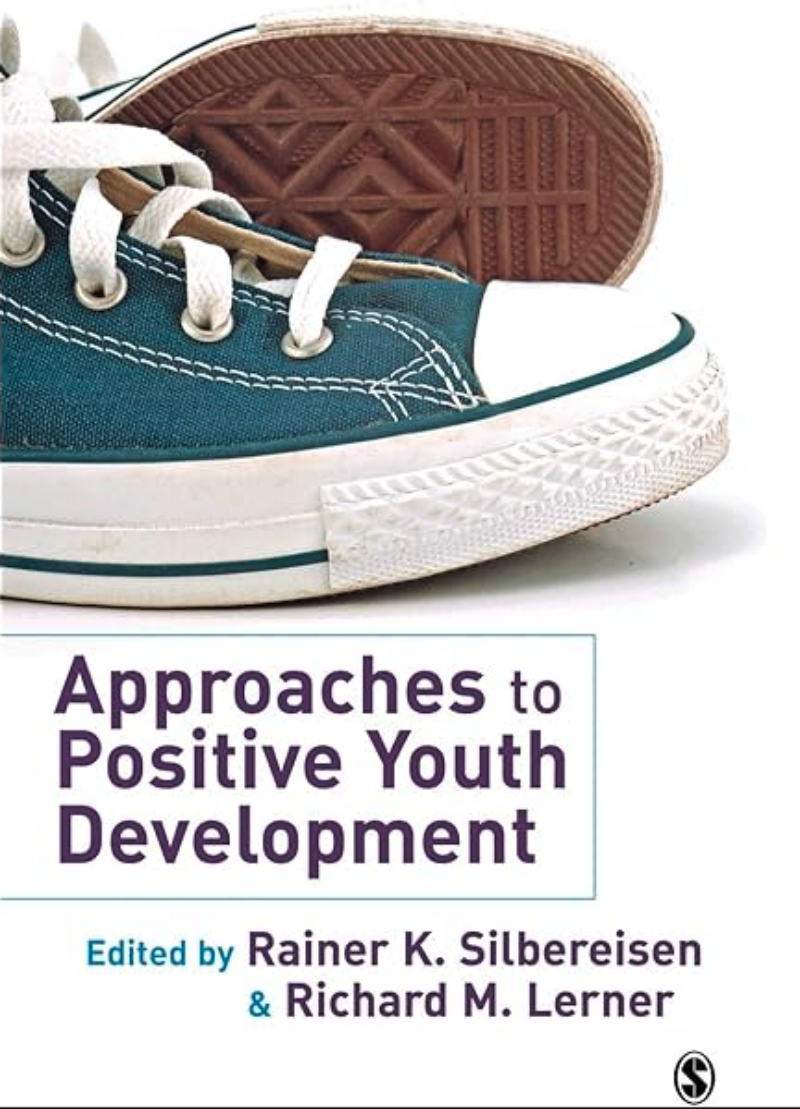Citation
King, P. E. (2007). Adolescent Spirituality and Positive Youth Development: A Look at Religion, Social Capital, and Moral Functioning. In Silbereisen, R., & Lerner, R. (2007). Approaches to Positive Youth Development (pp. 227-242). SAGE Publications Ltd.
Abstract
Scientific research and science-guided practice based on the promotion of an individual’s strengths constitute a radical shift in a new and growing area of study within the field of human development. Its trademark term is `positive youth development’. This approach to human development is based on the idea that, in addition to preventing problems, science and practice should promote the development of competencies, skills, and motivation in order to enhance individuals’ developmental pathways. Approaches to Positive Youth Development is based on this concept and brings together authors from across Europe and America who are leaders in their respective fields. The main focus of the book, beyond a clarification of the paradigmatic foundations, concerns the major contexts of adolescents and young adults, namely, neighborhoods and leisure locales, school and family, and the major themes of healthy psychosocial development, namely, competencies and knowledge, prosocial behavior, transcending problems of delinquency, civic engagement, identity, agency, and spirituality.
Copyright
Year: 2007
Holder: SAGE Publications Inc.
DOI: https://doi.org/10.4135/9781446213803
Continue Exploring

Youth
“We are Protected”: Examining youth perceptions of safety
“We are Protected”: Examining youth perceptions of safety within a faith-based positive a faith-based positive youth development program in El Salvador / Journal of Youth Development

Spirituality
Religion as Fertile Ground
Abstract An extensive body of research points toward spirituality and religiousness as resources for promoting human thriving. People with strong connections to the transcendent and religious meaning in life often view morals and values as central to their self-concepts. Although moral identity theory and contemporary views of virtue development emphasize the importance of narrative identity for habituated moral action, the two are often discussed in isolation of each other. In this chapter, the authors highlight how their commonality is particularly evident when examining the potential of religion to provide a transcendent self-narrative that leads to virtue formation and moral action…

Gratitude
How diverse beliefs shape the experience of transcendent gratitude
Citation Nelson, J., Mangan, S., Baer, R. A., Ramdass, J. V., & King, P. E. et al. (2024). How diverse beliefs shape the experience of transcendent gratitude, The Journal of Positive Psychology, 19(1), 11-24. Abstract As a novel contribution, this study considers transcendent gratitude (e.g. gratitude towards non-human benefactors such as God, Science, or Karma) across diverse belief systems. The sample included 619 participants (M age 37.5, 52.6% female) across the U.S. with beliefs across three distinct categories: a) Theistic; 38.4%), b) Spiritual but not theistic; 26.4%, and c) Non-theistic/Non-spiritual (Other);…

